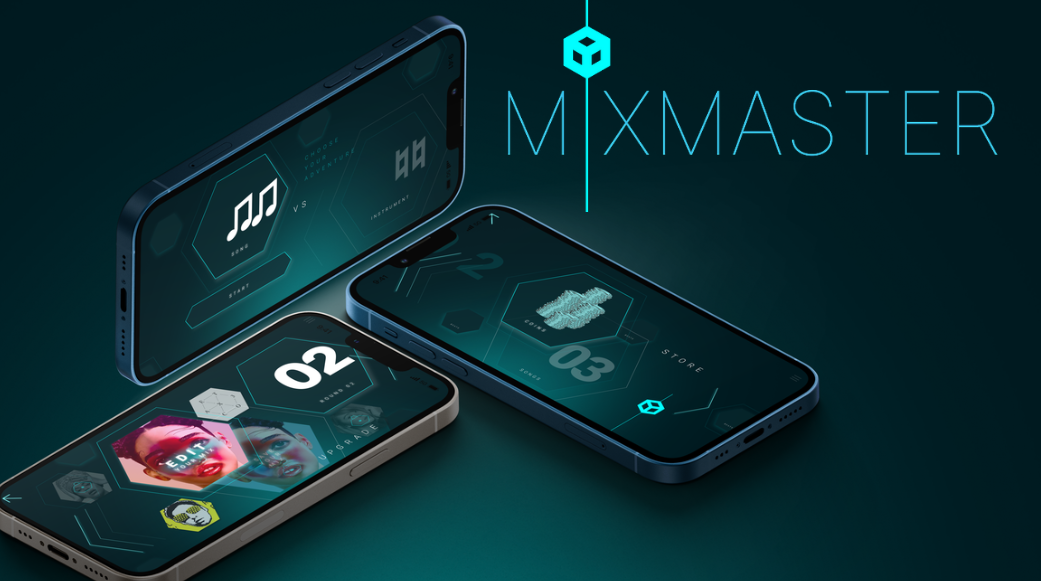
October 23, 2025
Discover how Mix Master strengthens your brain just like an instrument - training focus, creativity, and emotional intelligence through the science of sound.
Read more.png)
September 8, 2025
Tools like Suno are now powerful enough to generate melodies, lyrics, and even full songs in seconds. That’s exciting—and controversial. Just ask Timbaland. Recently, he came under fire..
Read more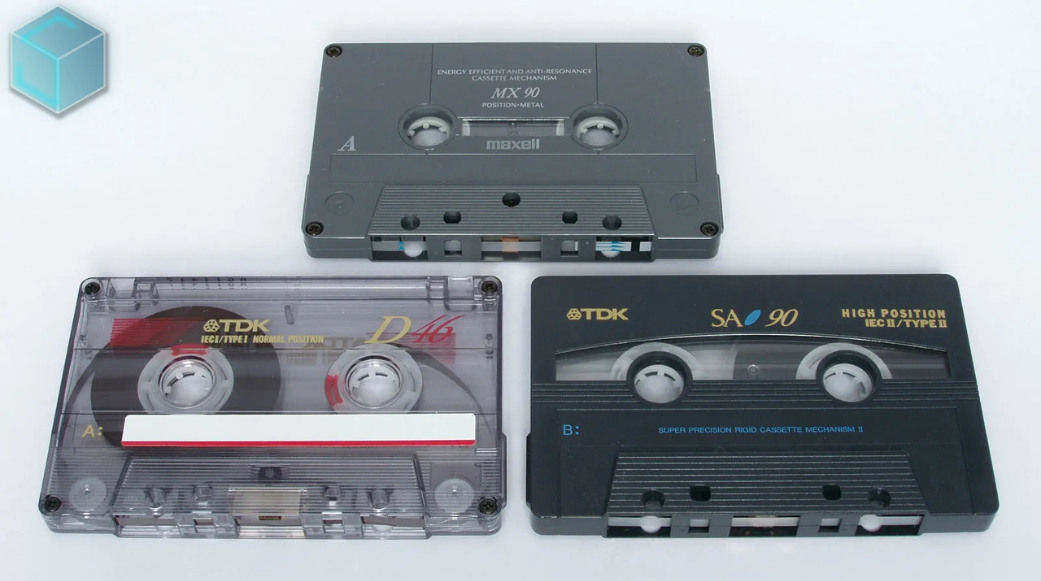
August 23, 2025
The 1980s and 1990s analog music medium known as cassette cassettes is experiencing an unanticipated comeback, with Gen Z spearheading the trend. Taylor Swift, who included cassettes in the release...
Read more
August 23, 2025
This week's most notable headline: Doja Cat's erotically charged, '80s-inspired music video, "Jealous Type," is dominating social media feeds and cultural discourse, marking her most daring...
Read more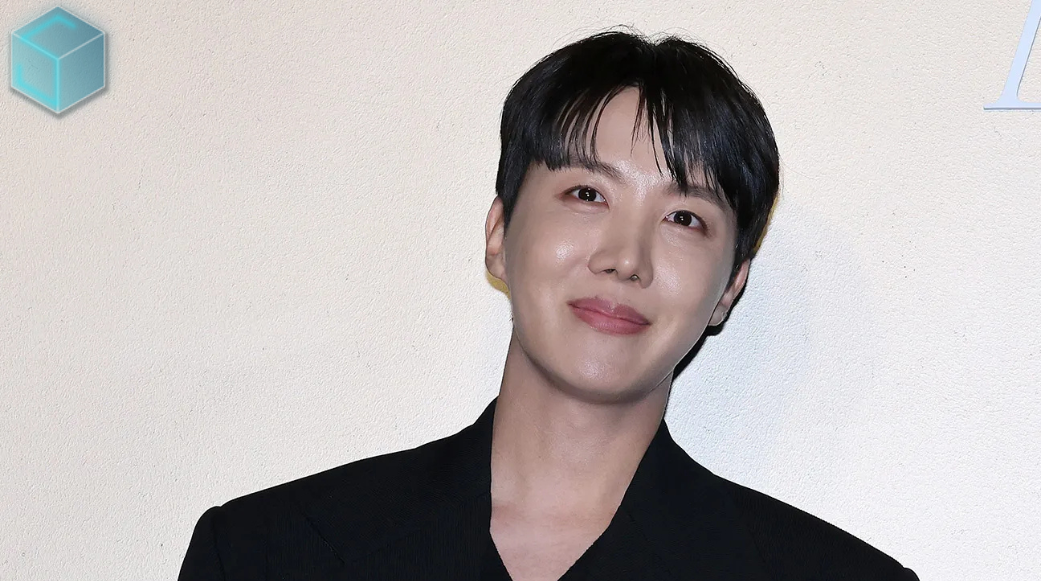
August 23, 2025
J-hope and GloRilla's "Killin' It Girl," a spectacular blend of K-pop flare and shameless hip-hop heat that has taken the world by storm, is this week's winner of the Best Collaboration of Summer...
Read more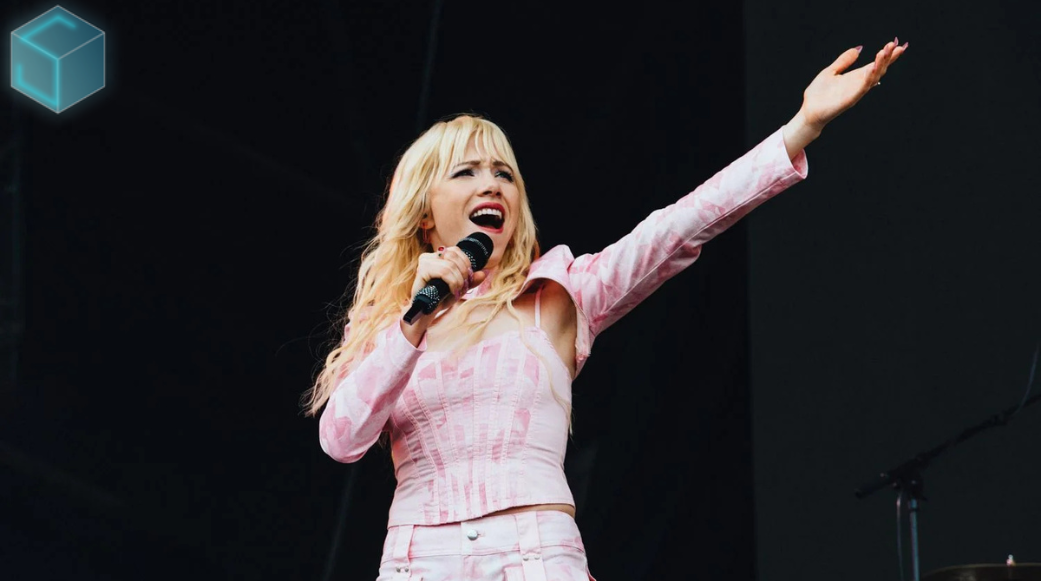
August 23, 2025
Carly Rae Jepsen is giving fans the ultimate gift for the 10th anniversary of her critically adored album Emotion: a special edition featuring four never-before-heard tracks and two fresh remixes...
Read more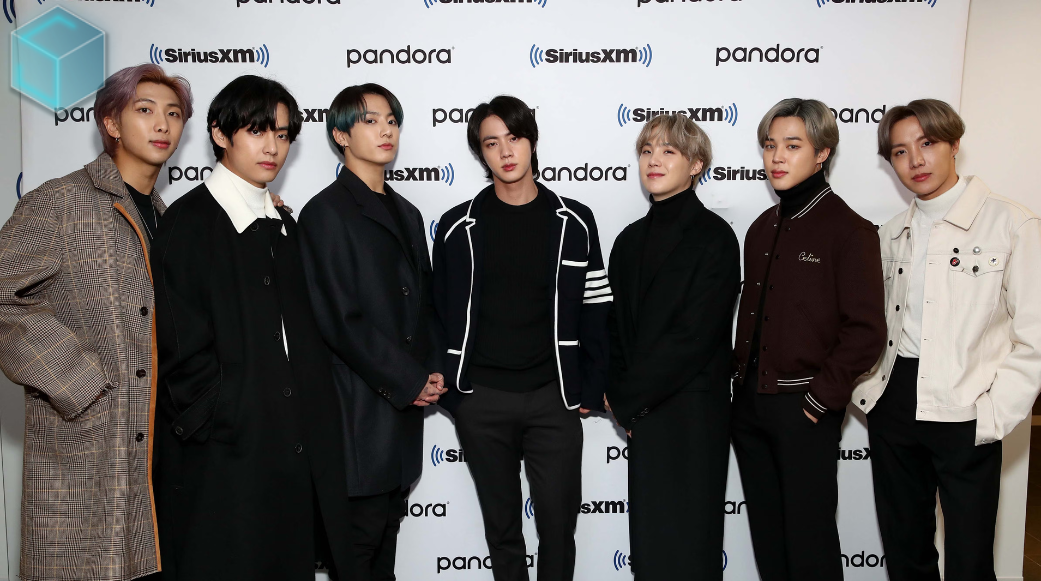
August 23, 2025
The wait is over, ARMY! BTS is officially back together and balancing work and play in their first moments of reunion after completing mandatory military service. J-Hope sent fans into a frenzy...
Read more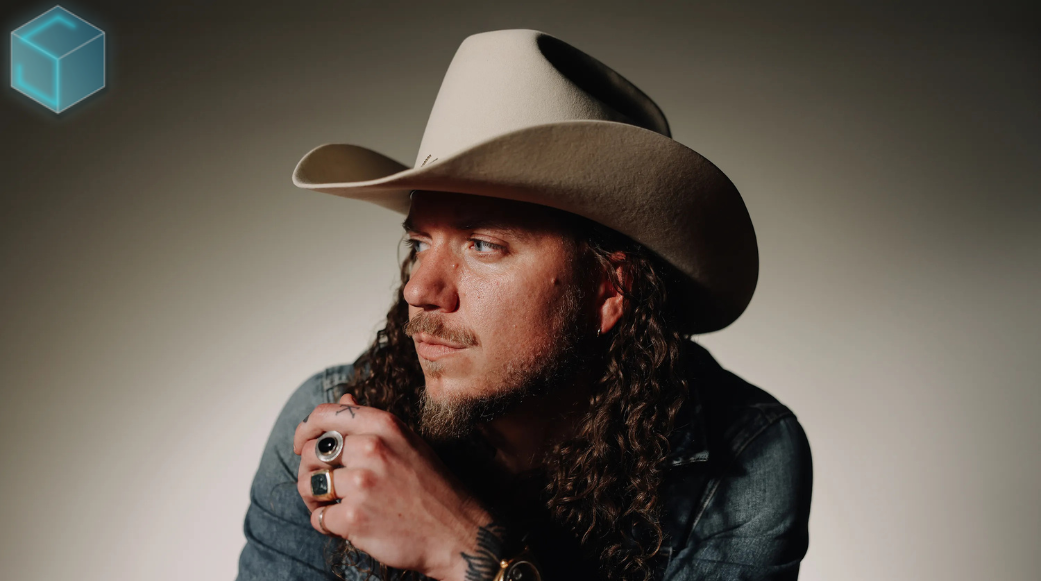
August 23, 2025
Christian music stepped outside of its quiet comfort zone in 2025. "Hard Fought Hallelujah," a worship song by Brandon Lake, went platinum, sold out festival stages, and exploded from churches to...
Read more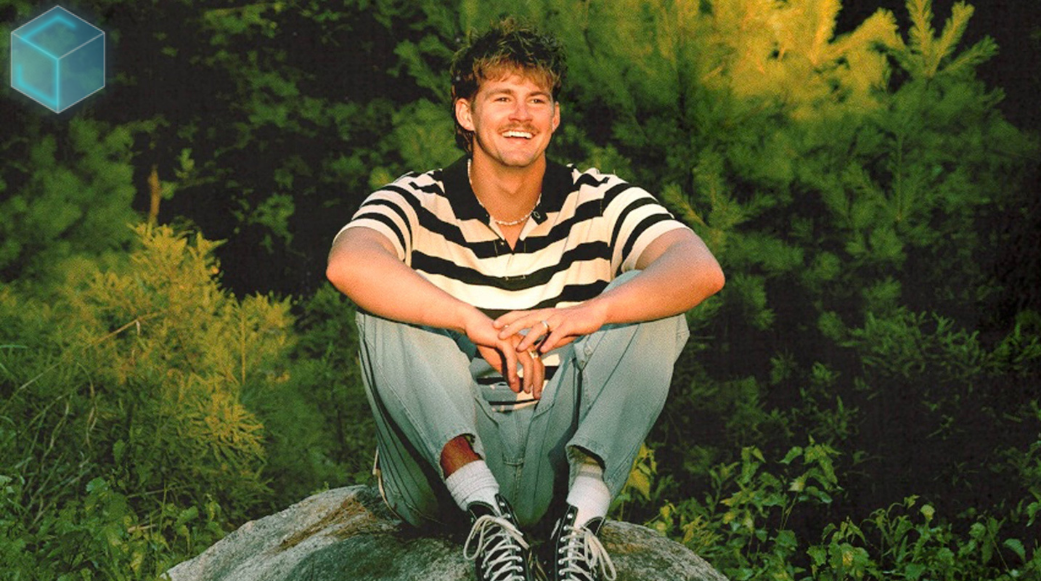
August 23, 2025
In late July 2025, Christian artist Forrest Frank (of Surfaces, now a solo juggernaut in faith-pop) posted from a hospital bed: he’d fractured his L3 and L4 vertebrae in a skateboarding accident...
Read more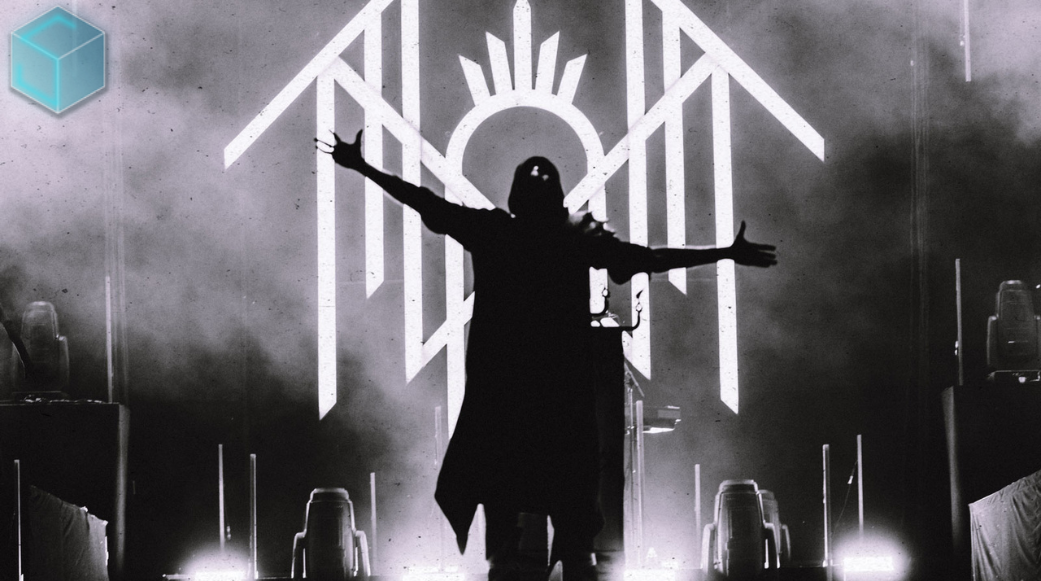
August 21, 2025
On September 16, the masked metal phenomenon Sleep Token will embark on their 2025 "Even In Arcadia Tour" across North America. The 18-show tour, which includes a huge date at Brooklyn's Barclays...
Read more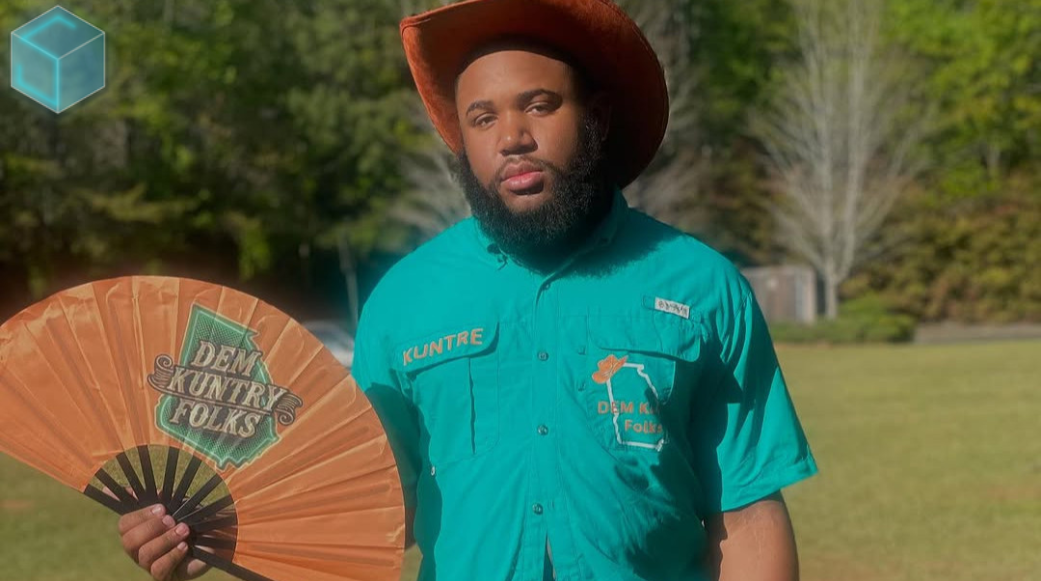
August 21, 2025
Due to a line dance that went viral and won over fans' hearts both inside and outside of the United States, 22-year-old Tre Little's song "Boots on the Ground" has become a cultural sensation this...
Read more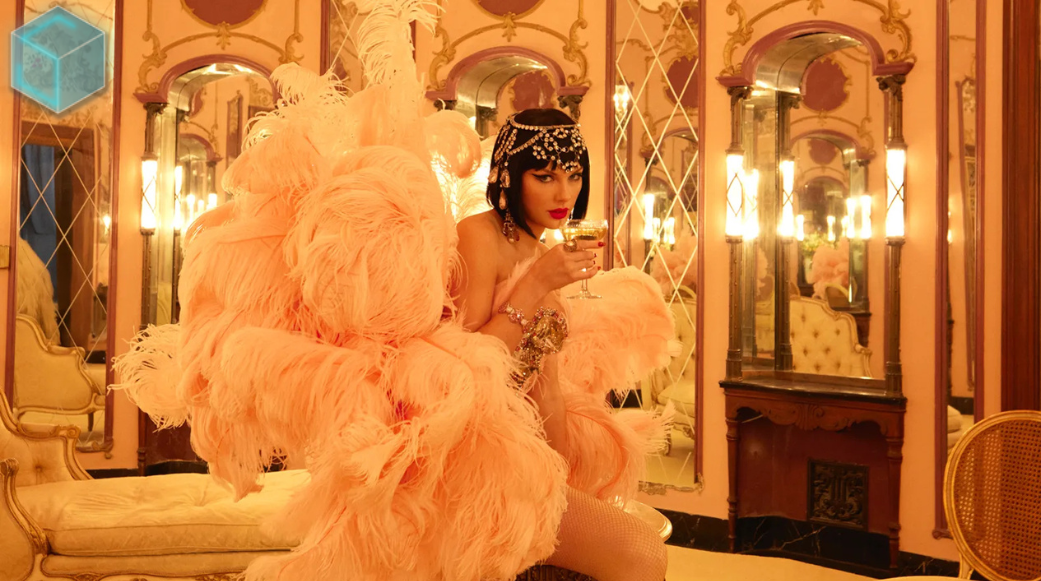
August 21, 2025
In addition to preparing for her next album, The Life of a Showgirl, Taylor Swift is reviving the physical medium this week by putting her songs on cassette tapes. This sentimental action...
Read more
Photo Source: Linkedin.com
People draw inspiration from others when forming their ideas, it’s a fact of life. Sampling in music is no exception - and artists do it for a variety of reasons. Traditionally, copyright laws and industry agreements acted as guiding principles toward how we define intellectual property, and how laws were upheld when using others’ work to inspire your own.
As with everything these days, AI is shaking that up. This is especially true in the music industry, with revolutionary programs now on the market that have previously unimaginable capabilities. Numerous AI music generators are now available to create versatile music based on a set of parameters.
AI is causing trouble in the legal space of the music industry, and on multiple sides of it too. While it is amazing that a machine can now compose convincing, human-like art, it begs the question: where does the machine draw its inspiration?
How Does AI Make Music?
AI music generators use deep learning to recognize patterns within the compositions that are in their databases. These databases are huge, and the issue lies with the fact that they often include work from artists that did not provide their consent for it to be used. Frequently there are enough coherent traces of original pieces within AI music that can violate reproduction rights.
Much like releasing music with samples, you may need clearance one day to release music that used AI in its composition. If you can’t get that clearance, then it is likely AI will be able to detect that too.
Using Google’s Assistant to Recognize Samples
As AI gets more advanced, it has grown capable of detecting hidden samples in songs - even ones that have been chopped up, stretched, or are less than one second long. Decades after its release, sample-hunting communities on the internet were able to discover a hidden sample in Daft Punk’s “Face to Face” after using Google Assistant. They also discovered a ton of other hidden samples that have been a mystery for decades.
Google’s deep neural networks provide a more advanced recognition software than something like Shazam. If you use it in conjunction with other tools, you can coerce it to find a sample that it may have missed, which is something you may not have to do after the technology gets stronger. Only time will tell how strong copyright detection will get, maybe one day you won’t be able to hide a sample from AI.
Copyright Concerns and Legal Challenges
AI is presenting some challenges on all sides of the music industry, and those challenges boil down to the concept of ownership.
AI art lacks human authorship, so protecting it under copyright law will definitely prove challenging.
Who is responsible for the work an AI produces; the company that created the system, the AI itself, or the owner of the works that informed the AI? Would a musician be able to fight a company that trained an AI to produce based on their work? It’s an interesting question, one that we are yet to find the answer to.
Where Are We Headed?
As it stands right now, AI producers seem to be able to disregard copyright laws in creating their work. On the other hand, AI is making it easier than ever to find out if a piece draws from existing work. This could have detrimental effects on smaller artists that do not have the rights to be “playing around” with certain sounds.
Computer-generated “art” is a contentious topic. Many artists are embracing it as a new tool in the creative process, while others fear that it will displace musicians from their jobs. Regardless, AI is already used extensively in music, oftentimes to boost the productivity of seasoned songwriters and producers.
AI can be a tool for artists, but communities on Reddit are worried that AI sample detection may one day be able to automatically flag their work (correctly or incorrectly), and this could lead to legal issues. The implications of that remain to be seen.
The commercialization of art has always been a debate between those who are passionate about creative expression versus those who are in it for profit. This time, large AI corporations are the ones who seem to be disregarding copyright laws, which traditionally is what they would have enforced.
The music industry is known to experience mass hysteria whenever a new innovation shakes up the scene. While this could be a new innovation the industry will one day embrace, in this case, it seems that a legal nightmare is imminent. Only time will tell as to how it all plays out.